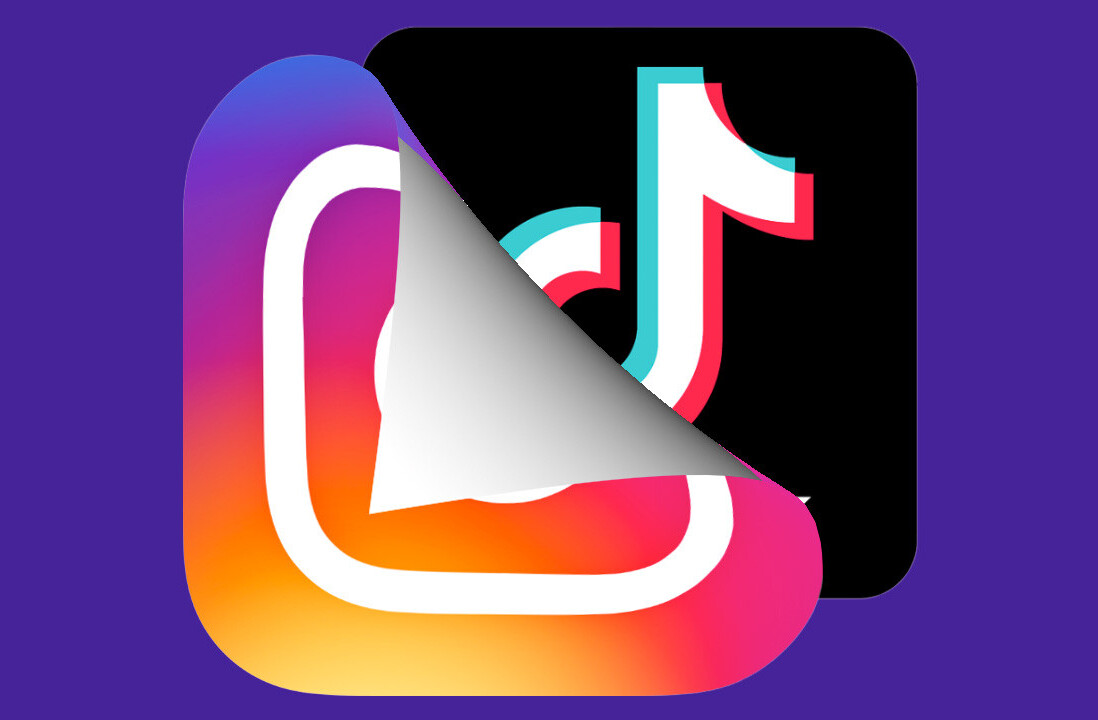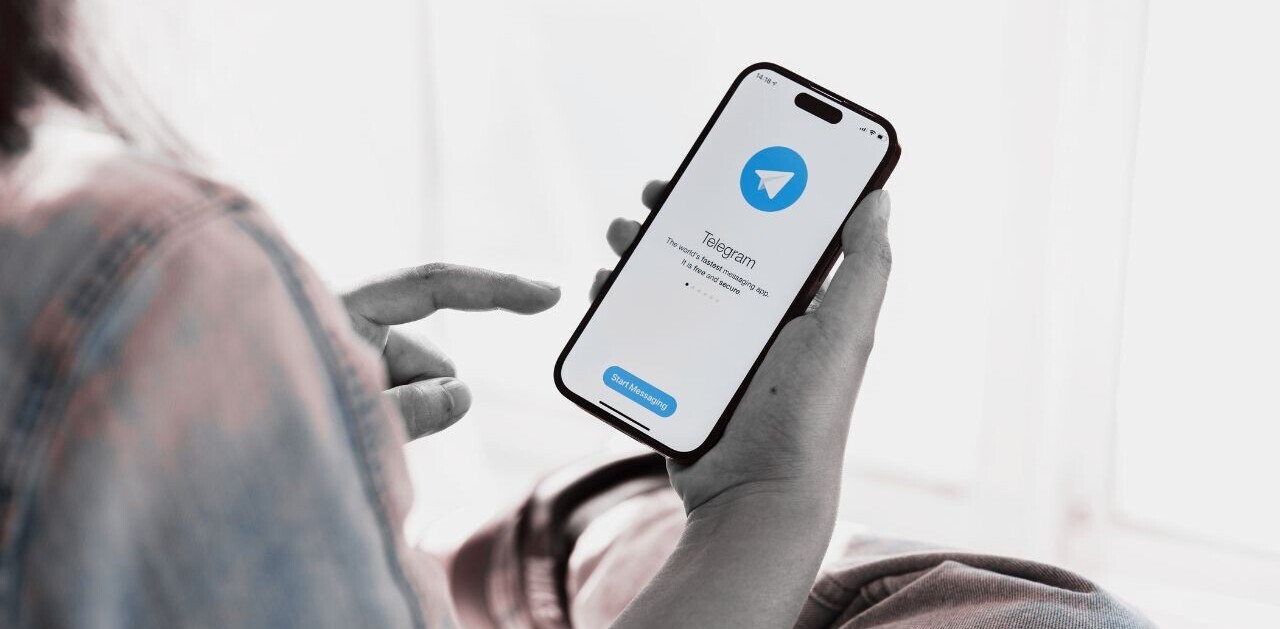
Do you think your blog is not important enough to promote it via social media? Do you think writing posts for your dedicated audience is enough for you? If you think your blog will not benefit from social media, you’re wrong.
In the past, people may have stumbled upon good blogs via blogrolls or accidentally googling the right keywords but today lot of people rely on social networks to find new articles and blogs. And while you may have some dedicated fans that read every word you write, not everyone of your readers may show such passion for your blog and visit everyday. So how do you keep those people coming back too?
These casual readers may have spent their days reading every blog on the Internet, but now they’re spending hours checking out their Facebook news feed. And while once in a while they may remember they used to read your blog, it would be better if you could remind them yourself that your blog still exists. You don’t have to go for world domination to use social media. It’s simply an excellent way to keep your core audience up to date and attract new readers, even if you just have a personal blog.
The core ingredients for having a great blog have not changed: define what you want to write about, be great at it and allow your audience to find you by telling the right people and websites you exist. Finding a new audience and keeping that audience interested is what has has changed, however. Don’t delete your old RSS-feed just yet, but DO optimise your blog for social media. It’s relatively easy to do.
 Whether Twitter makes sense for your blog depends on two things: whether your current readers use it and whether you reckon you’ll find a lot of new readers there. A lot of people use Twitter and there are bound to be some that are interested in your content. Well-known plug-ins like Twitter Tools for WordPress and MT-Twitter for Movable Type can even post your headlines to a Twitter account for you,.
Whether Twitter makes sense for your blog depends on two things: whether your current readers use it and whether you reckon you’ll find a lot of new readers there. A lot of people use Twitter and there are bound to be some that are interested in your content. Well-known plug-ins like Twitter Tools for WordPress and MT-Twitter for Movable Type can even post your headlines to a Twitter account for you,.
But keep in mind that Twitter, unlike the classic RSS-feed it sometimes resembles, is a social experience. So everytime you post a blog you should add a personal message and some relevant hashtags. After all, your blog is personal too.
People get enough automated tweets and retweets in their timelines already, so they will appreciate the personal touch and be more likely to click the link and read your blog. And the relevant hashtags allow your tweet and blog post to find a new audience. Don’t just treat Twitter like a RSS-feed where people can reply. Treat people like real people.
One of the annoying things about Twitter is that once your tweet has disappeared out of sight, buried under thousands of other tweets, people may not actually see your carefully constructed promotional effort. Hence, it’s not weird at all to remind your Twitter followers about your blog posts by posting another tweet the next day.
If there’s news on a certain topic you write about, remind your followers about your blog post, saying your wrote about that topic two weeks ago (especially if your blog is still relevant). Even if they already read it two weeks ago, they may want to read it again now. And it’s bound to attract some new people.
The Social Network has some benefits over Twitter: it’s bigger and it has more features that you can use. Assuming you are a member of Facebook, you could just go around posting all your blogs for your friends to read. But it’s more fun and more useful to make a dedicated Facebook page for your blog. That way you don’t have to become friends with everyone who reads your blog. Everyone can like the page while you keep control over your private life and don’t have to share it with strangers (readers).
 Creating Facebook Pages is easier than ever these days. Just go to Facebook.com/pages and click Create a page. Pick a category and you are good to go. Nobody’s expecting you to dream up crazy campaigns or buy advertising space, but you could embed Like-buttons or widgets to start and go from there.
Creating Facebook Pages is easier than ever these days. Just go to Facebook.com/pages and click Create a page. Pick a category and you are good to go. Nobody’s expecting you to dream up crazy campaigns or buy advertising space, but you could embed Like-buttons or widgets to start and go from there.
Don’t go for the biggest buttons and widgets available, make an effort to integrate the buttons in your current design. That way they do not distract from the content you’re trying to promote. But make sure that your visitors can find them when they want to click.
Once your Facebook page has an audience, your Facebook updates have an audience. Besides notifying your readers and fans of new updates, you can also use Facebook to communicate directly with your readers. You can dedicate your blog to truly interesting posts, while using Facebook to do the stuff you previously had to post in categories like “other” and “site news”. You can even ask your readers for more general site feedback.
On your Facebook Page you can start polls, send messages, share little photos and videos that you don’t feel are worthy of their own blog post. Everything is as smooth as blogging itself, so you should feel right at home using the tools Facebook has given you. And there’s analytics as well, so you can see what content people like and use that information.
While trying to promote your blog, always keep in mind what your blog is about and how you want people to perceive it. Don’t change that vision just for social media promotion. Essentially, your social media efforts will be an extension to your blog. All you need to promote your blog properly is to tweak your vision slightly for Facebook and come up with ways to promote your blog features as efficiently as possible on Facebook. Whether that is a poll or a call for ideas to get your readers involved in your blog, is something you have to decide.
The Facebook widget on your homepage can keep track of your recent Facebook page activity so that casual visitors can see you’re using Facebook to keep in touch with your readers. It can also display the number of likes your page has, although it might be a good idea to wait with that particular feature until the number of likes is something you’re happy with and proud of.
Director’s Cut
 Ask yourself this: is writing a blog post always the best way to sell your message? There are a lot of innovative ways to share your content. Maybe an image, slideshare slideshow with voice-over or additional written comments and a video are better ways to tell the same story.
Ask yourself this: is writing a blog post always the best way to sell your message? There are a lot of innovative ways to share your content. Maybe an image, slideshare slideshow with voice-over or additional written comments and a video are better ways to tell the same story.
Make sure you’ve got dedicated accounts on the following websites: Slideshare, Youtube, Vimeo, Flickr and Picasa; also make sure your notifications are set up correctly and that you don’t miss feedback or comments you get on there. Don’t underestimate the power of these channels, they too can attract new readers. Even if you’re just a small town blogger, the Internet is wide open and full of possibilities. It would be a waste not to use them.
Some may say blogging is dead. But people still love a good read. When the next big Internet revolution comes around, you will have used Facebook and Twitter to their fullest and stayed in touch with your audience. And unless you have stopped blogging by that time, your blogging days will be far from over.
Get the TNW newsletter
Get the most important tech news in your inbox each week.





